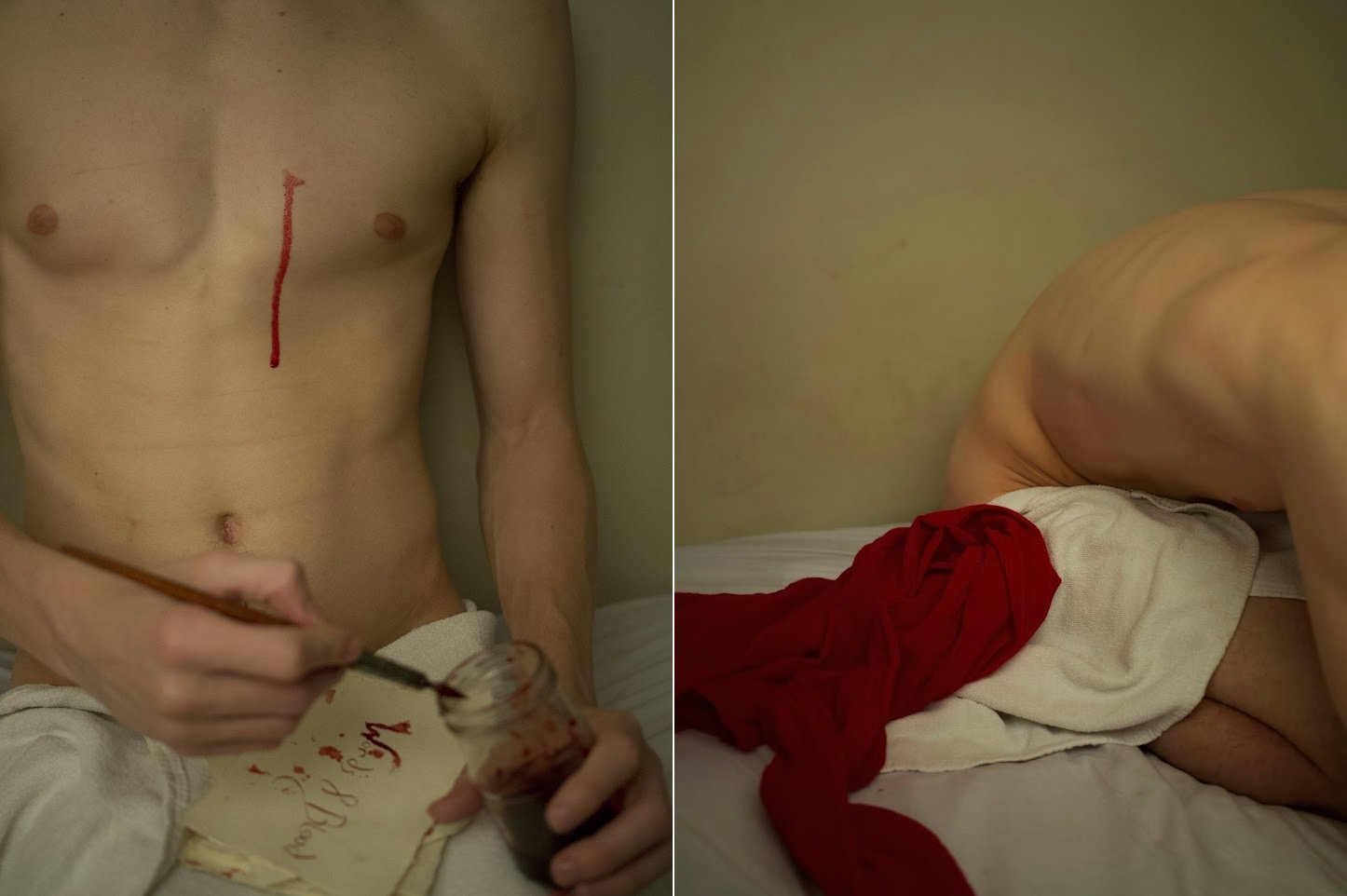Gay Welsh poet tackles the stigma of ‘gay blood’ on World Blood Donor Day
By Ross Semple

We are midway through LGBT Pride Month, just shy of fifty years on from the decriminalisation of homosexuality in England and Wales. June is an important time to reflect on LGBT rights and their origins, to take stock of how far we have come and to devise their furtherance. It is of no coincidence that many of the world’s Pride celebrations occur in June. It was in late June 1969, of course, that the Stonewall Riots gave impetus to a resistance that is still going strong today, even as we near its 47th anniversary.
The uprising of LGBT+ peoples on the morning of Saturday 28th June 1969 was supposedly inspired by a lesbian’s call to arms to onlookers as she was arrested at the scene: “Why don’t you guys do something?” Her plea resonated and the violence of the rebellion that ensued shook up the status quo and inspired a worldwide movement to secure and further basic human rights for LGBT people.
Today happens to mark another occasion: World Blood Donor Day, a day which is all about raising awareness of the importance of blood donation and encouraging people to donate. Although LGBT people have bled to secure our own community’s rights, it is ironic that one of the rights we are still denied is that of freely giving blood. One year ago this week, the deadliest mass shooting in US history saw 49 people – mostly LGBT – at the Pulse nightclub in Orlando lose their lives. Those who survived emerged from the club bleeding and injured and in the hours and days that followed urgent requests for blood donations were made.

The Food and Drug Administration (FDA) in the United States, just like our Department of Health led by Jeremy Hunt, requires a 12-month period of celibacy for gay men wishing to donate blood. No such requirement, however, is imposed upon heterosexuals – however risky their sexual behaviour might be. The current policies in blood donation unfairly exclude men simply for having gay sex and perpetuate the taboos surrounding “gay blood”. We need a system that assesses individual risks based on individual behaviours; the current system with its ignorant blanket categorisation has no place in a modern society. These are many other thoughts on blood went on to inspire my Words&Blood poetry series.
Blood and the written word have a long history of association among poets and philosophers. Nietzsche once wrote “Of all that is written, I love what a man has written with his own blood. […] Write with blood, and you will find that blood is spirit. Whoever writes in blood and proverbs does not want to be read, but to be learned by heart.” In Pablo Neruda’s The Word, the poet begins with the line “The word was born in the blood…” These literary greats are far from alone in exploring blood and bleeding as metaphors for writing; Dante, Gallico and Nabokov all expressed similar sentiments. It was with this in mind that I first set myself to writing a series of poetry with my blood as ink.

Whilst having my blood taken for the series in Edinburgh, I was asked by the phlebotomist if I had ever given blood. For a brief moment before answering, I felt ashamed that I had not. I explained, almost apologetically, that as a gay man, I fell into the MSM (men who have sex with men) category and was therefore unable. The moment gave me an idea and that unwarranted shame went on to fuel my poem Inkwell which I performed at CRISIS, a drag and performance art festival in Paris, and Polari, the LGBT literary salon whilst it was on tour in Cardiff, Wales. The Words&Blood poetry series was also exhibited in Glasgow last year and I hope to bring it to London some time in the near future.
As I dwell on our recently elected Conservative minority government, a government who is currently pandering to the ultra-conservative DUP for support; a government who recently nominated David Lidington, who has consistently opposed LGBT rights, as Secretary of State for Justice; a government who has re-elected Jeremy Hunt, who has repeatedly refused to engage with the MSM blood donor controversy, I can’t help but echo the words: “Why don’t you guys do something?”
Inkwell
An abecedarian poem. Each line of Inkwell’s five quatrains begins with letters from each of the blood groups, alternating between A, B, AB and O. The poem, originally written using the poet’s own blood, discusses the shame and stigma surrounding “gay blood”.
A silent song still lingers on
blank pages reaching for
absent words
once etched upon them.
A muted elegy
beating on and ever on.
Abandoned.
Once verbose, once so alive.
And the page, it does not turn.
Blank and limp, it stays.
Abstinent from the truth.
Only singing, only silent.
And the lie, it does not falter.
Bold and strong, it holds.
Absolute and without question.
Older, but not weary.
And the words, they spill forth.
Bleeding and congealing into
abstract lines of a poem.
One that hopes to break it.
Yearn
The skies are in perpetual conflict with the seas. Winds reach low and whip the waves into a salty frenzy. The tides reach up and impregnate the air with its brine kiss. These two entities become metaphors for gender in man’s struggle to define himself. Nature cannot be at peace until man is at peace with himself. YEARN is a rumination on manhood.
Video: Hadi Moussally, The12Project
RJ Arkhipov is a Welsh poet, writer and translator of homosexual literature.
